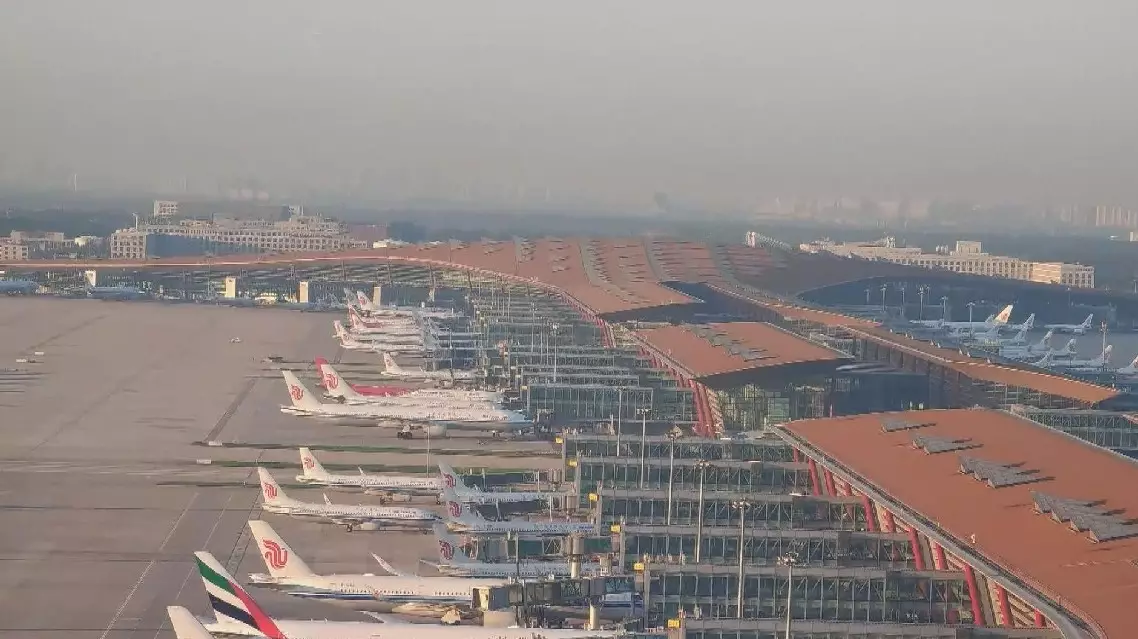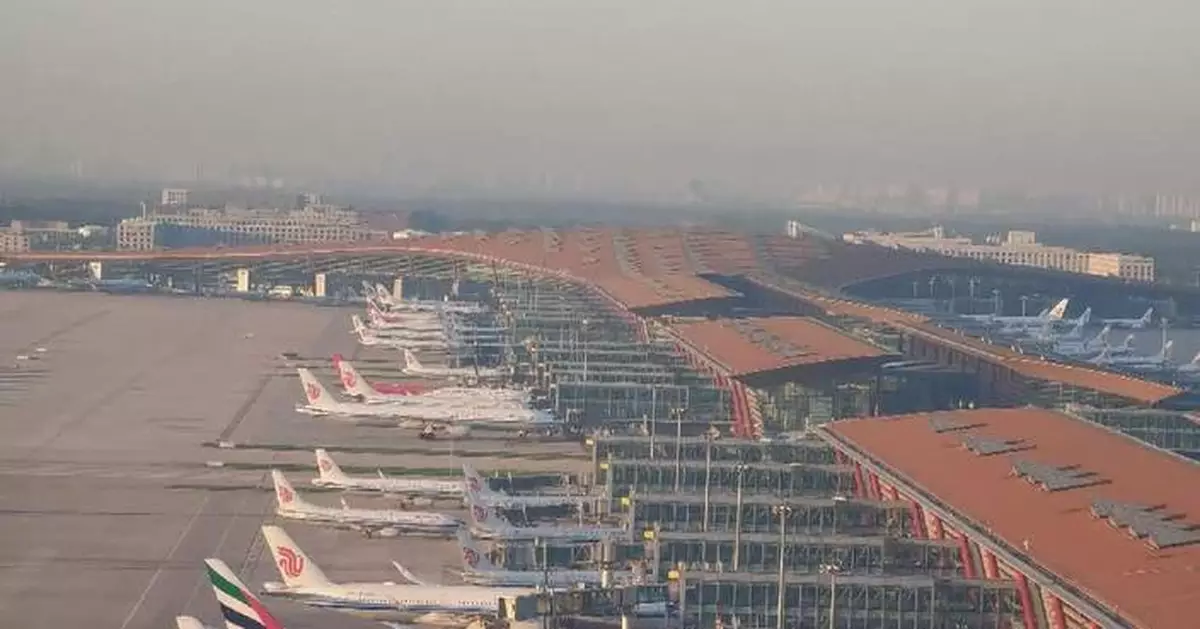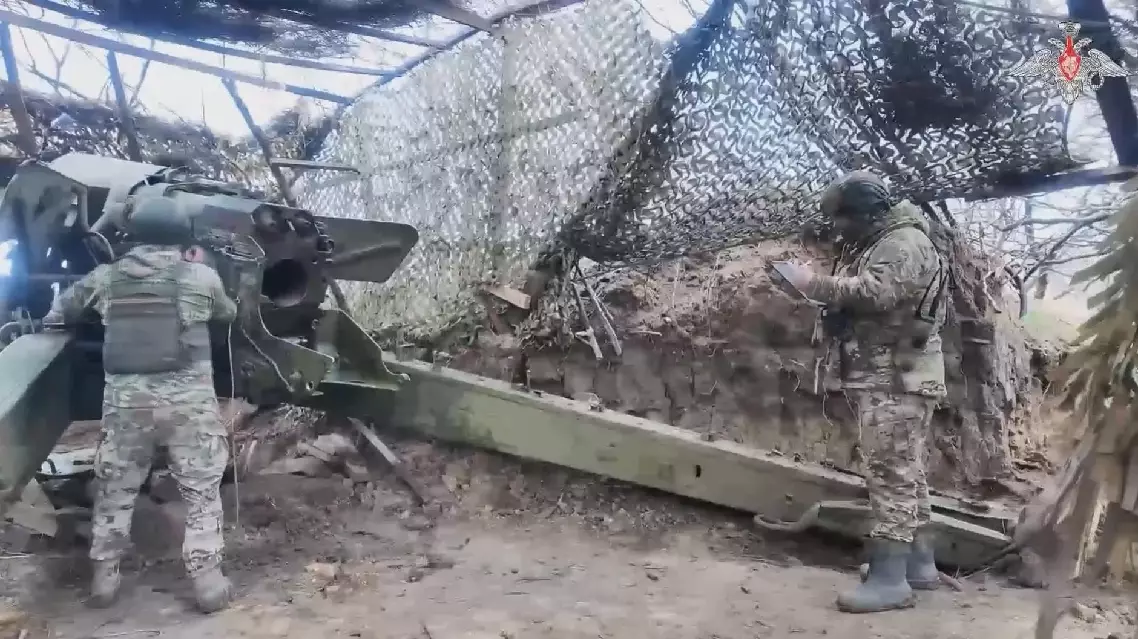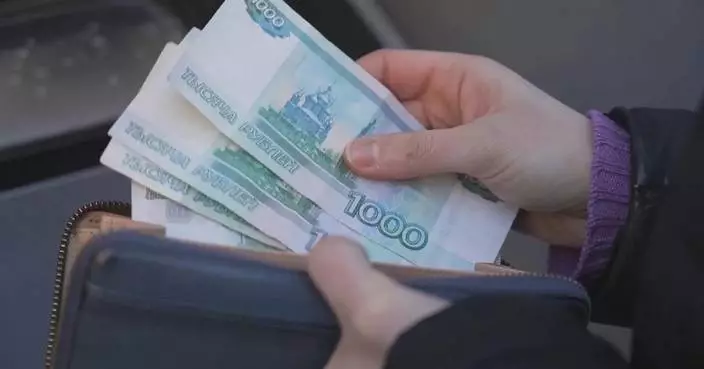China has vowed to strengthen intercontinental connectivity and aviation transportation capabilities, aiming to build world-class aviation enterprises and air hubs by 2050.
The Civil Aviation Administration of China (CAAC) and the National Development and Reform Commission (NDRC), jointly issued guidelines on promoting the construction of international aviation hubs, which plan three stages of development goals for the construction.
The functional system of international aviation hubs will be basically established by 2025, and fully established by 2035, said the guidelines.
By 2050, a number of world-class aviation companies and world-class aviation hubs will be built, and the functional system of international aviation hubs will be further improved, supporting China's development into a first-class aviation power with strong safeguarding capabilities, public satisfaction, and competitiveness.
Meanwhile, the guidelines have also clearly defined the key tasks for promoting the construction of international hubs.
"Efforts will be made to enhance the intercontinental connectivity and global radiation capabilities of international aviation hubs such as Beijing, Shanghai, and Guangzhou, to improve domestic-to-international and international-to-international transit capabilities. The aim is to build core hubs that connect destinations nationwide and integrate the domestic air transport network with international air transport corridors," said Zhang Qing, director of the Development and Planning Department of the CAAC.
The guidelines also propose to accelerate the construction of international aviation hubs in cities such as Chengdu, Shenzhen, Kunming, Xi'an, Chongqing, Urumqi, and Harbin.
Combined with the functional definition of these cities, it aims to build an international route network with regional advantages.

China to build world-class aviation hubs, companies by 2050




















































